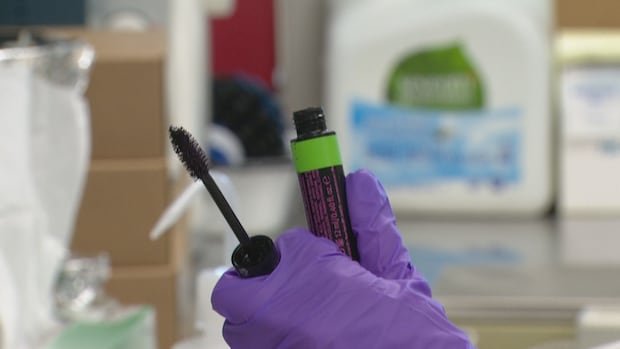The Canadian federal government is taking steps to designate PFAS, a group of chemicals with various applications, as toxic substances. PFAS, known as per- and polyfluoroalkyl substances, are synthetic compounds utilized for their water and heat-resistant properties in a multitude of products such as packaging, cosmetics, textiles, and industrial items like water-repellent coatings and firefighting foam.
Environment Minister Steven Guilbeault announced this move in Montreal, emphasizing the comprehensive approach of examining the entire family of PFAS under the Canadian Environmental Protection Act, a groundbreaking initiative. These chemicals, often termed “forever chemicals,” have been associated with health issues like increased cancer risks and reproductive disorders due to their persistent nature in the environment, accumulating in water sources, wildlife, and human bodies.
The government’s release of the final State of PFAS report outlines the usage and impact of these chemicals in Canada, laying the foundation for future restrictions. Although there is no immediate ban on new PFAS, a 60-day consultation period has commenced to incorporate PFAS into the toxic substances list, paving the way for potential regulations and removal of these substances from various consumer and industrial products.
The proposed restrictions will initially focus on firefighting foams, followed by scrutiny of PFAS presence in cosmetics, non-prescription drugs, food packaging, textiles, building materials, cleaning products, waxes, and polishes. Notably, Miriam Diamond, a prominent PFAS researcher, underscores the urgency of addressing PFAS in firefighting foams due to widespread contamination of water sources globally, urging swift regulatory action.
The global concern surrounding PFAS stems from their pervasive presence in various products, leading to widespread human exposure. Countries like Canada and the United States have recorded PFAS in the bodies of nearly all citizens, reflecting the extensive use of these substances across multiple sectors. The proposed regulations in Canada align with efforts in the European Union to restrict PFAS in consumer goods while considering exemptions for specific industrial applications where alternatives are scarce.
While the Chemistry Industry Association of Canada emphasizes the essential role of PFAS in modern living, environmental advocates push for expedited actions to eliminate these chemicals from everyday products. Collaborative efforts with U.S. states and other nations aim to establish a unified strategy in addressing the challenges posed by PFAS, despite setbacks in the regulatory landscape under certain administrations.

